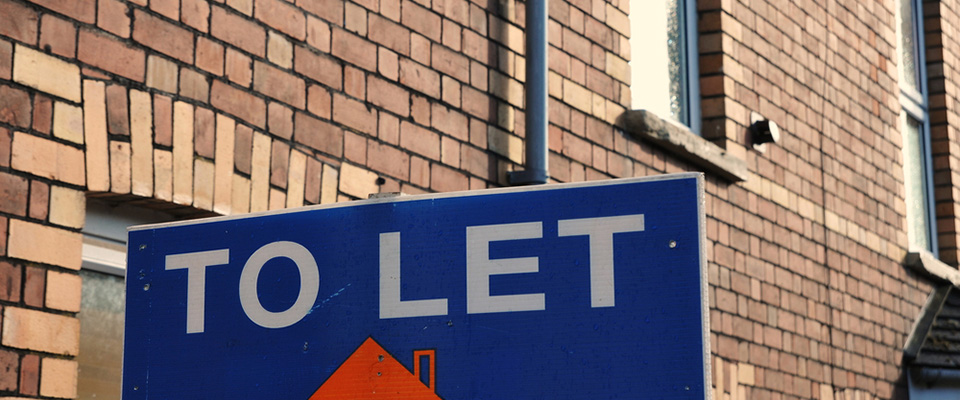New rules in relation to short term lets come into effect from today.
In early April, the Government introduced regulations for the short term rental sector by amending the Planning and Development Act 2000. It means that from July 1st, rental homes will no longer be available for short term letting, except with planning permission. Permission is unlikely to be granted in most cases, particularly in areas of high housing demand.
What does this mean for you? Well if you only rent out a room from time to time then you will not be affected by the new regulations. Once the house is your principal private residence, you can rent out the room all year long using existing B&B exemptions. However, you will need to register this with your local authority.
If you sometimes rent out your house when you're away on holiday then this is where the restrictions start to kick in.
You can only let the entire house for up to 90 days in the year and for a maximum of 14 days at a time. In other words, you can let it out for around six 2 week periods. You will also have to register this with the Council.
If you're hoping to put your current home on the short term rental market then you will have to apply to your local authority for planning permission as this constitutes a change of use for the property from residential to commercial.
If you live in an area of high housing demand, such as the main urban centres - areas that fall into the rent pressure zones - then it's unlikely that permission will be granted. Where there is a change of use for the property and it hasn't been granted an exemption, a prosecution for unauthorised development could result.
If you are granted a change of use, bear in mind that standard planning fees will apply. They range from around €200 for an apartment to €600 for a mid-size family home. Other expenses, such as commercial water charges, will also apply.
Other charges include tax on rental income. Short term letting income is treated by Revenue as trading or passive income so the tax will be levied at the taxpayer's marginal rate of tax. If you already earn sufficient income to bring you into the top band of income tax, you could be looking at a tax rate of 52%, encapsulating income tax of 40%, PRSI and Universal Social Charge (USC).
This applies even if you rent a room in the house on a short term basis. Such rentals do not qualify for rent a room relief. This is the scheme that allows an individual to earn up to €14,000 in tax in a year from renting out a room in their principal private residence. The threshold includes money earned from charging for food or contributions towards utility bills.
Local authorities' planning apartments will be policing the new rules.
According to the Department of Housing, the maximum fine for non-compliance is a fine of €5,000 or 6 months imprisonment or both. If the offence continues, the person could face an additional sanction of €1,500 per day for each day the breach continues.
The local authorities will also have the power to seek a court order that any unauthorised activity must not be continued. Non-compliance constitutes contempt of court which carries the potential ultimate sanction of imprisonment until the order is complied with.





